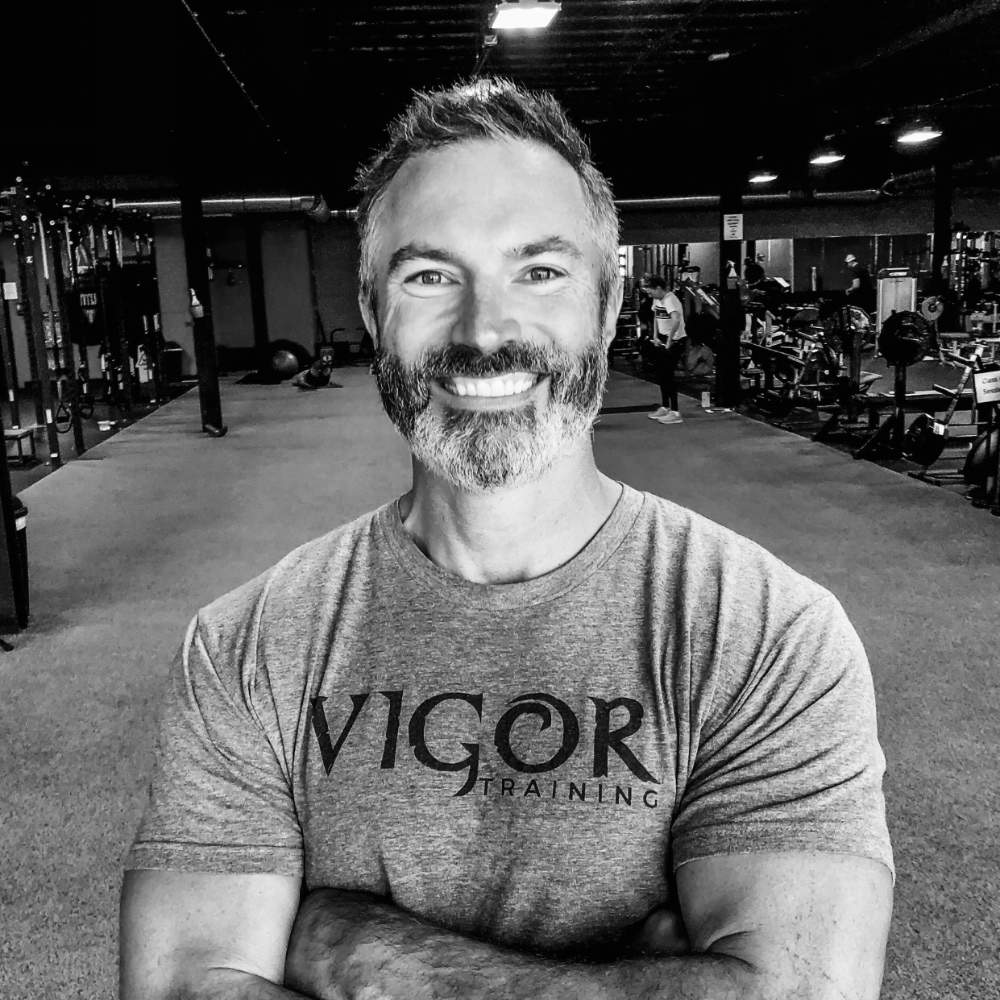How to Avoid the Devastating Effects of Muscle Loss
Muscle loss is a common yet preventable part of the aging process. As we age, muscle mass naturally decreases due to a decrease in physical activity and slowed metabolism. This process is known as sarcopenia, and it can have long-term health implications if not addressed. In this article, we’ll discuss the importance of muscle, why it’s so difficult to build in the first place, and how to prevent age-related muscle loss. The Importance of Muscle Preservation Higher levels of muscle mass offer myriad health benefits. One significant advantage is that muscles act as metabolic powerhouses. They burn calories even when we’re at rest, helping to maintain optimal body weight and prevent obesity.Wolfe, RR. “The underappreciated role of muscle in health and disease.” The American journal of clinical nutrition 84.3 (2006): 475-482. Muscle tissue also plays a pivotal role in improving insulin sensitivity, reducing the risk of type 2 diabetes.Srikanthan, Preethi, and Arun S. Karlamangla. “Relative muscle mass is inversely associated with insulin resistance and prediabetes. Findings from the third National Health and Nutrition Examination Survey.” The Journal of Clinical Endocrinology & Metabolism 96.9 (2011): 2898-2903. The greater the muscle mass, the more glucose our bodies utilize, reducing the chance of diabetes development. For mobility, muscle mass contributes to better balance and stability, which becomes crucial as we age.Landi, Francesco, et al. “Sarcopenia as the biological substrate of physical frailty.” Clinics in geriatric medicine 31.3 (2015): 367-374. This enhanced stability reduces the likelihood of falls and injuries, contributing to a longer and healthier life. Muscles also regulate our body’s response to inflammation and infection. A study by Johns Hopkins University found that individuals with solid muscle mass had a stronger immune response.Fiuza-Luces, Carmen, et al. “Exercise is the real polypill.” Physiology 28.5 (2013): 330-358. Moreover, preserving muscle mass aids in maintaining mental well-being. Research reveals a strong correlation between muscle strength and improved mood, reduced anxiety, and decreased instances of depression.Gordon, Brett R., et al. “Association of efficacy of resistance exercise training with depressive symptoms meta-analysis and meta-regression analysis of randomized clinical trials.” JAMA psychiatry 75.6 (2018): 566-576. So, muscle mass is not just about physical strength and aesthetics but a keystone of our overall health and longevity. Why Is It So Difficult to Build Muscle? Muscle hypertrophy, or the increase in muscle mass, is a complex process that becomes increasingly difficult as we age. This phenomenon is orchestrated by several factors, including hormones, proteins, and our bodies’ connective tissues. Testosterone and growth hormone are two crucial players in muscle building. These hormones function like biochemical foremen, directing the construction and repair of muscle tissue. Testosterone promotes protein synthesis, the process by which the body uses dietary protein to build new muscle fibers.West, D. W., & Phillips, S. M. (2012). Associations of exercise-induced hormone profiles and gains in strength and hypertrophy in a large cohort after weight training. European journal of applied physiology, 112(7), 2693-2702. On the other hand, growth hormone stimulates cell growth and regeneration, playing an integral part in muscle repair and recovery.Devesa, J., Almengló, C., & Devesa, P. (2016). Multiple effects of growth hormone in the body: Is it really the hormone for grow

